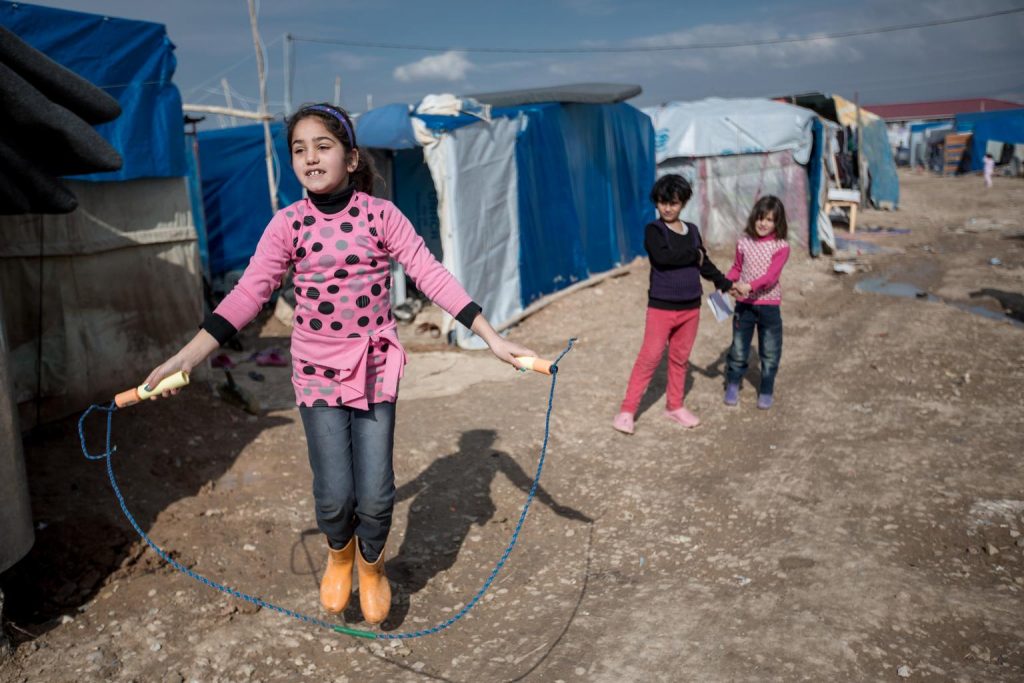This document highlights on issues of Peace Recovery Development Plan (PRDP) and health service delivery in northern Uganda.The report reviews an assessment surrounding the recent influx of asylum seekers and refugees from South Sudan to Uganda and summarises its key findings as follows:rivalry over control of natural resources stands out as one of the major causes of the conflict in South Sudan South Sudan inter-tribal conflicts and the resultant influx of Sudanese to the host communities had varied impact on the host communities across the different sectors the divergence in culture and language as a practice and value between the host communities and the South Sudanese nationals tended to provide a repertoire through which each group responded or acted against each other with the high influx of the South Sudanese, the health sector has been undesirably impacted. In this sense, the paper notes that the region has been ‘cursed’ by serious, life-threatening diseases and epidemics, from HIV/AIDS, to cholera, Ebola and now the Nodding Disease Syndrome.
The last disease has put the people of northern Uganda in a dangerous situation, and this must call for a new wave of interventionism.Furthermore, the author argues that:post conflict reconstruction and recovery must be a combination of physical and social aspects of human being aimed at addressing the causes of violent conflictsfocus, should also be geared at addressing the structural problems that deny the youth the opportunity to engage productively



